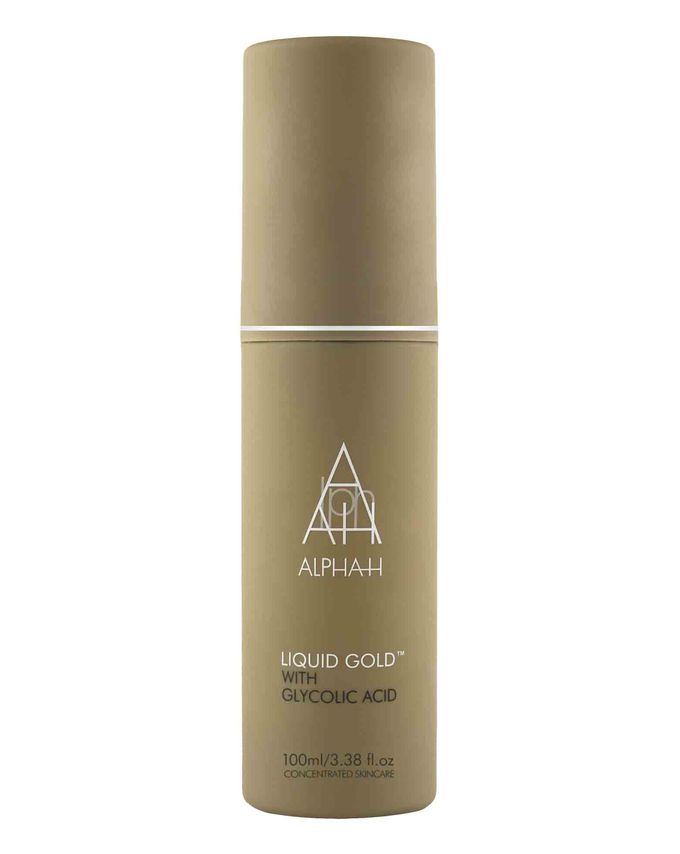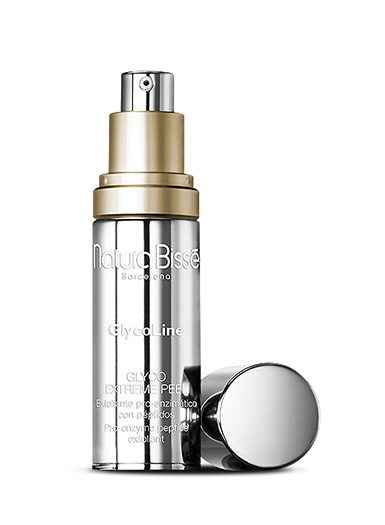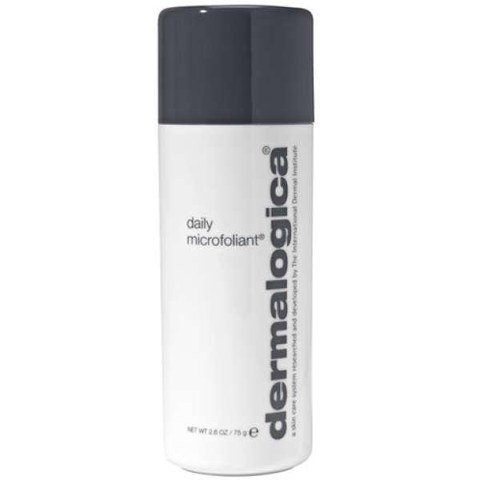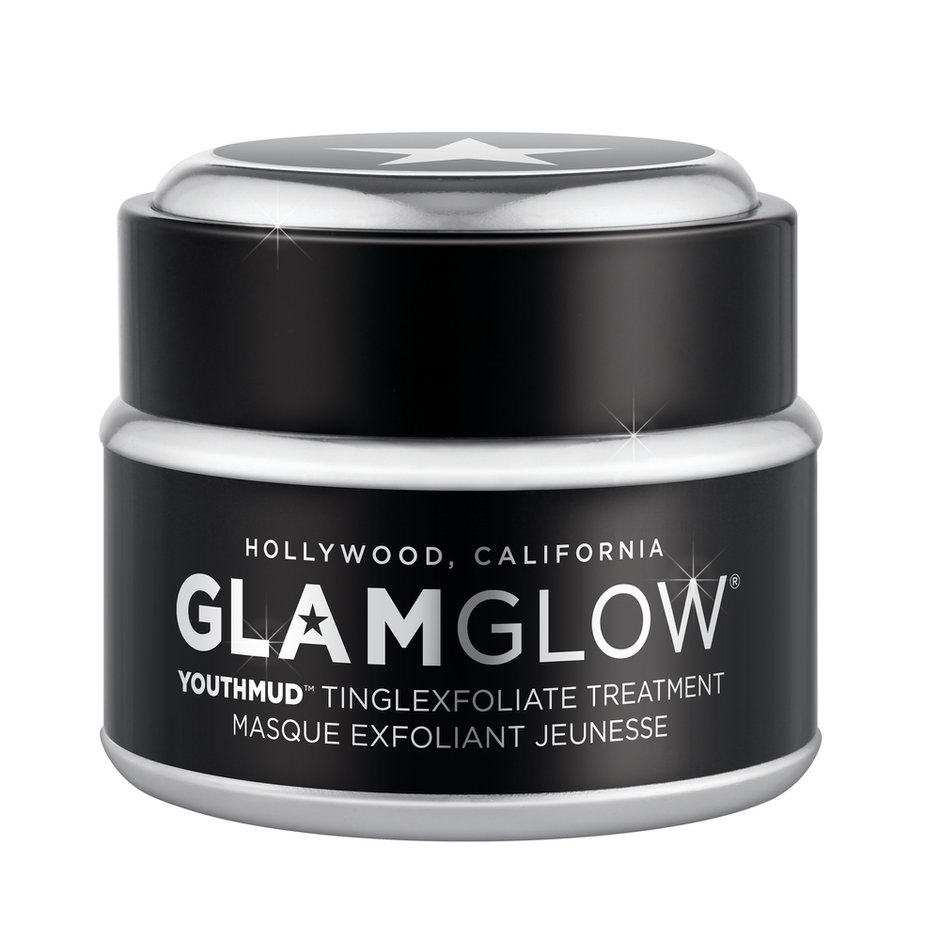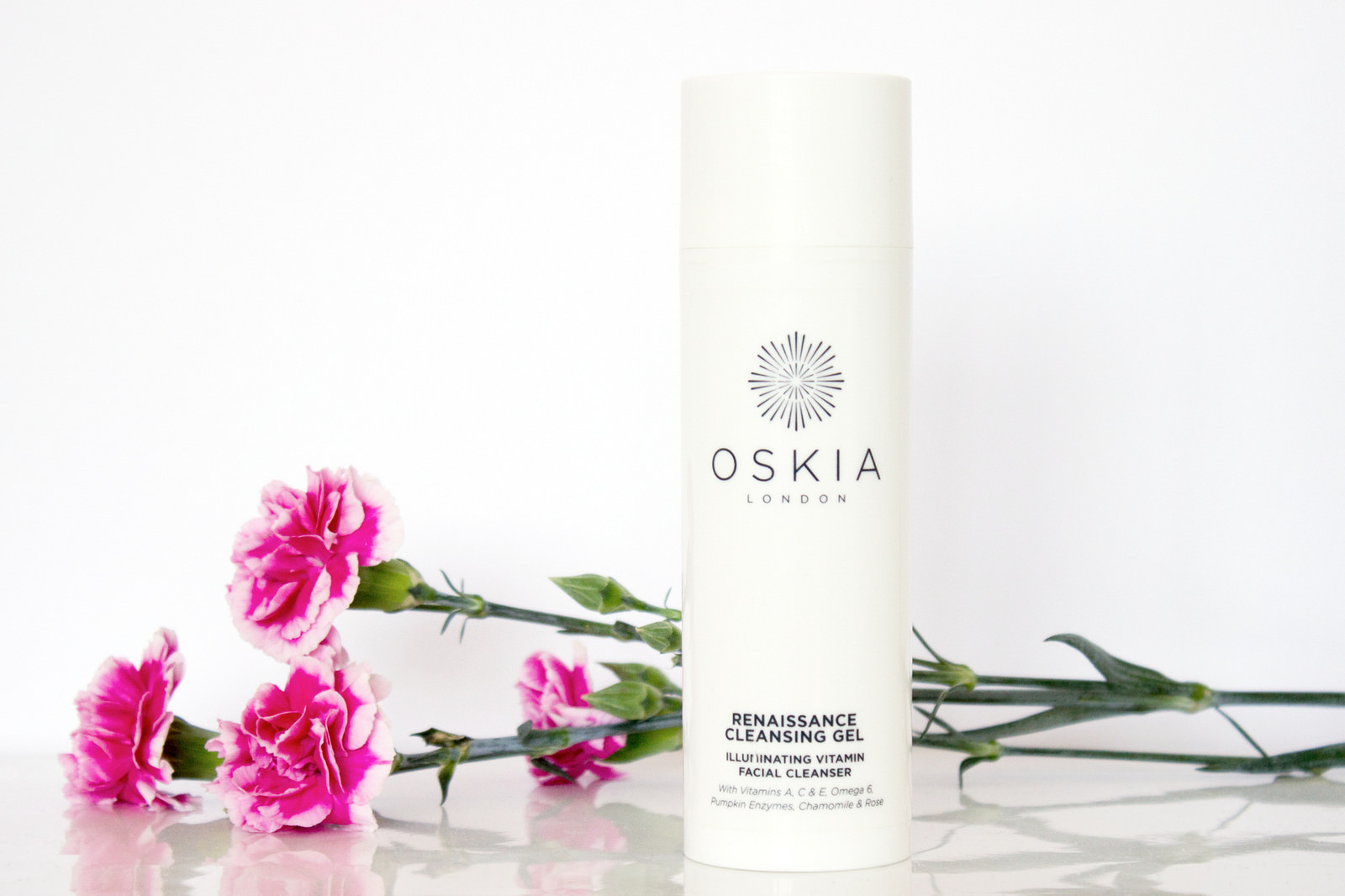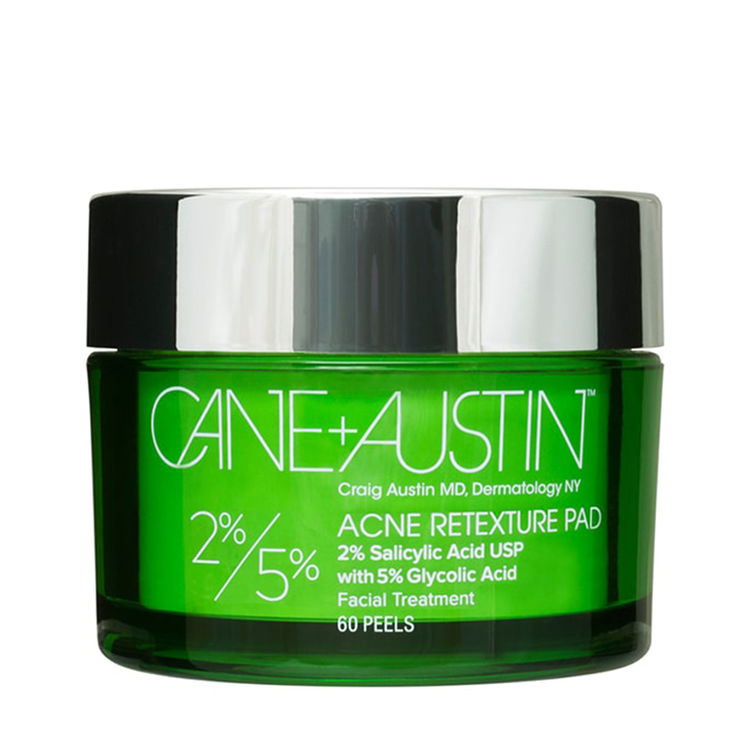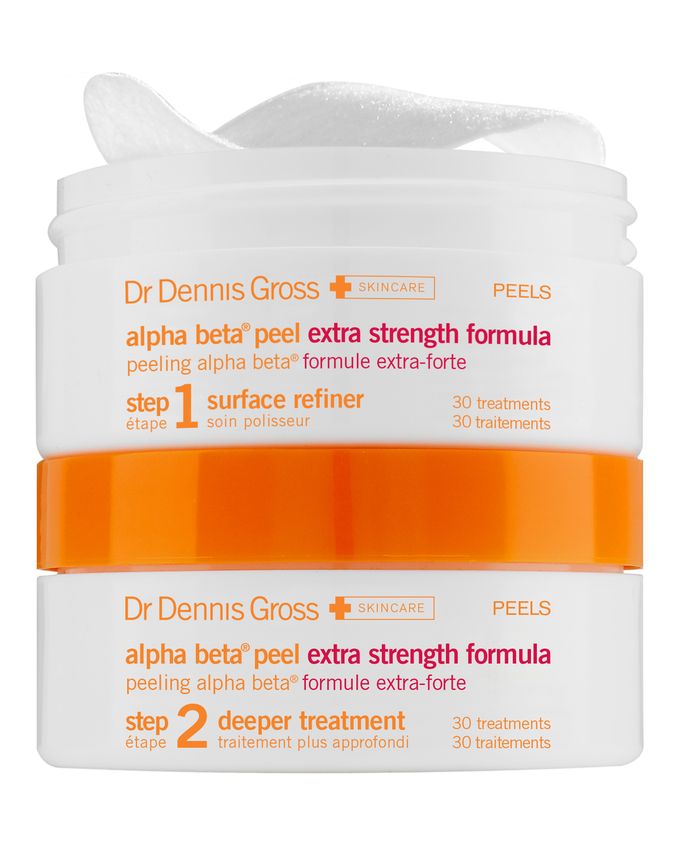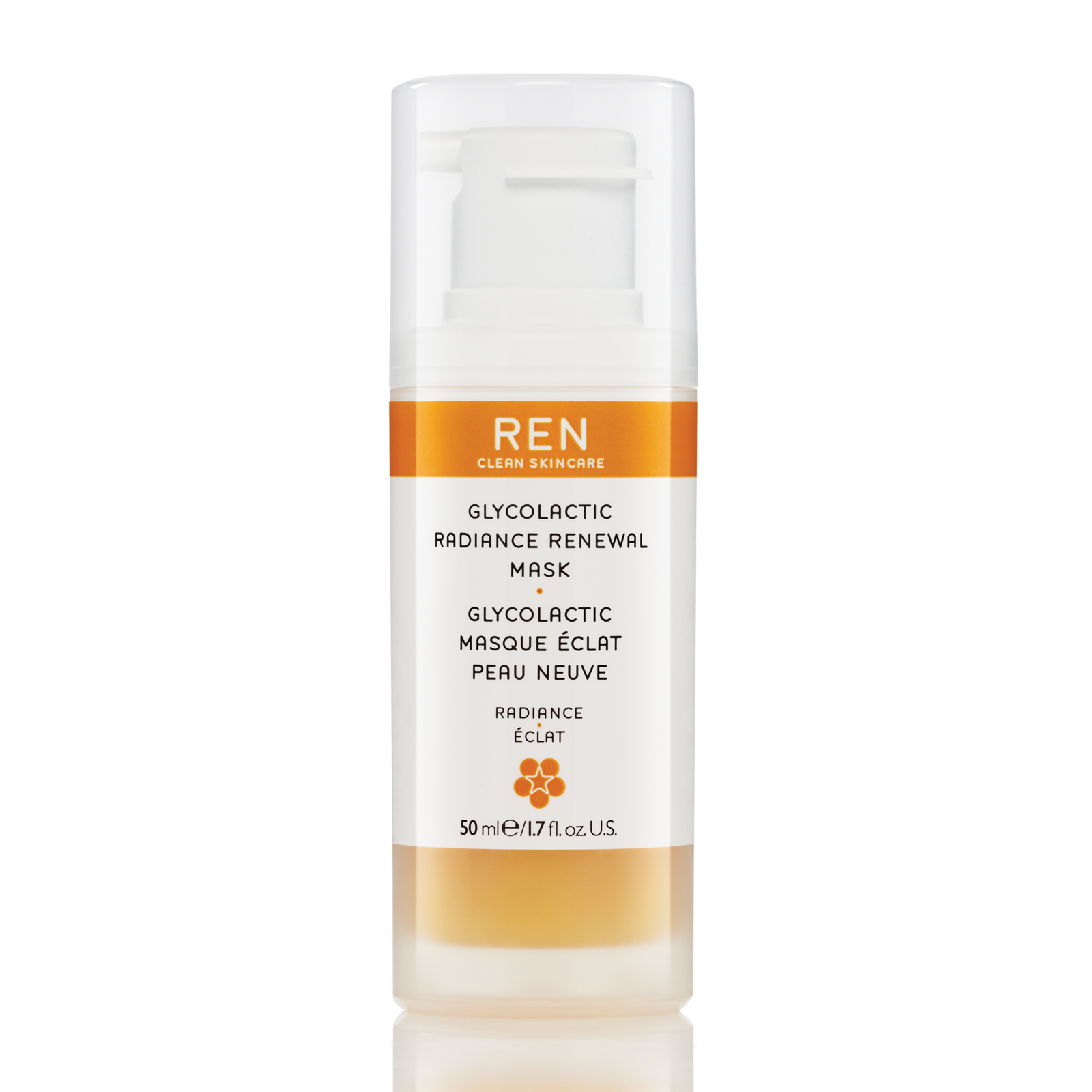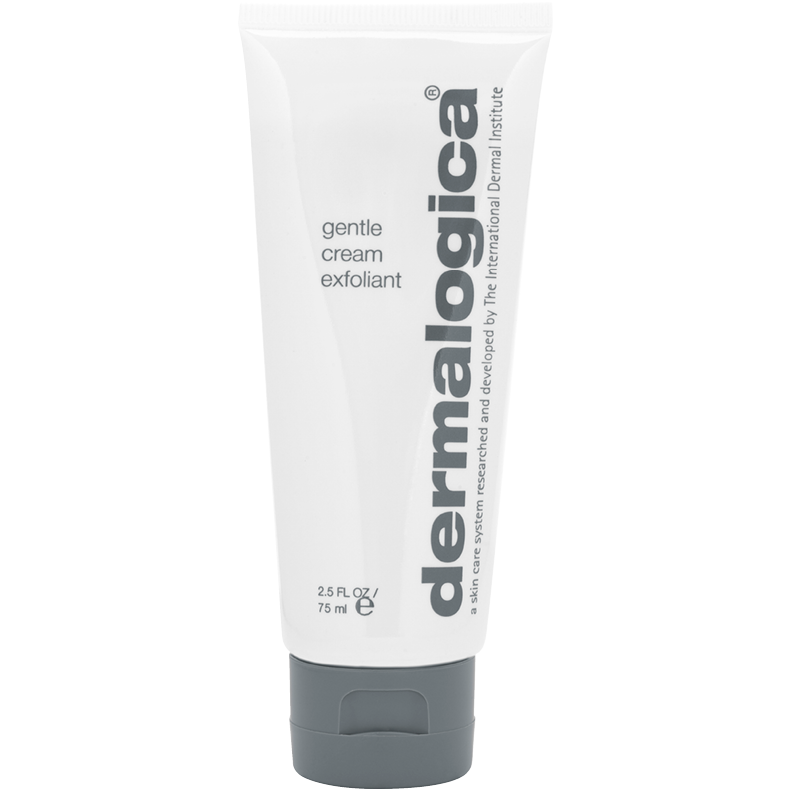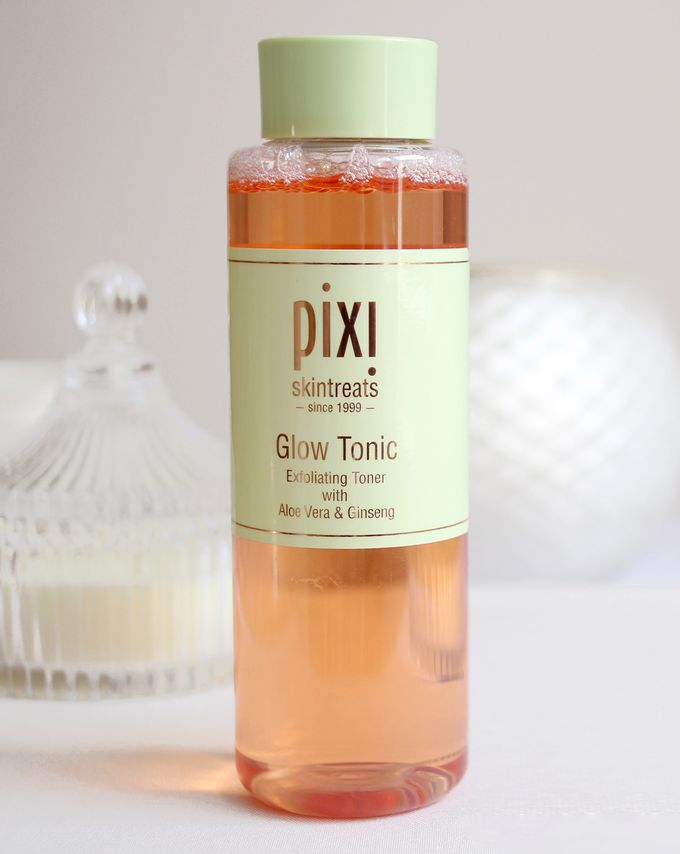The Exfoliation Edit
i don't want no scrubs...
The hype, the myths, the types, the best
Not just for sloughing away rough patches of dry skin, good exfoliation will boost the circulation, encourage cell and collagen renewal, improve efficacy of skincare products, reduce fine lines and pigmentation, balance oil production and improve acne scarring.. the list is pretty endless. No wonder exfoliation has seen such a lot of press over the last few years.
An exfoliator when I was a teenager was a cleanser with bits in it... thanks for that. Now we are faced with a bunch of fruits, pumpkins, scary looking acids, acronyms and percentages. Although the new-age exfoliators might look daunting, using one properly in your skin care routine will quickly become the best thing you ever did for your skin.
When previously working in salons, too often I was encountering clients on a course of one treatment (e.g. Guinot Hydralifts and CACI facials) who were in some serious need of resurfacing. Whilst these treatments may be very effective on healthy skin, applying anything to dead skin cells is essentially a waste of time and money - I may as well have been performing a seance. How I longed to tell these clients about the wonders of Liquid Gold! Alas, having been limited to advising they use the apricot-kernal-laden exfoliator on the shelf by the front desk, I bit my tongue and returned to contacting the spirits of the dead.
PHYSICAL EXFOLIATORS
The 'scrubs'. Usually in the form of a cream or gel containing particles that are designed to smooth the surface of your skin. The majority of these particles are too harsh for your delicate skin, leaving 'micro-tears' as well as sensitivity and redness. Whilst this form of trauma may have an immediate circulation-boosting effect, your skin will not thank you for it - it officially hates you. Other forms of physical exfoliation include Clarisonic brushes, micro-dermabrasion treatments and gauze-like face cloths.
I tend to steer clear of this category altogether, so if you are partial to an apricot kernal on your face I can tell you now - you won't like my facial treatments. Exceptions to the rule are Dermalogica Daily Microfoliant (see below) and Emma Hardie's dual-sided cleansing cloths.
CHEMICAL EXFOLIATORS (AHA's & BHA's)
Alpha Hydroxy Acids (AHA's)
AHAs work by reacting with the upper layer of the epidermis and weakening the bonds that hold dead skin cells together. If you think these acids sound off-puttingly corrosive, you may be interested to know that our skin has a natural pH of 5.5. The skin's natural barrier (the 'acid mantle' ) shields our skin from harmful germs and bacteria, as well as preventing dryness and eczema. Acne thrives in an alkaline environment - sufferers take note.
An afterthought - anything that foams is alkaline... I'll let you think about that. No foam cleansers here at Good Face HQ!
Glycolic acid
Derived from sugar cane (although often made synthetically now), glycolic acid is the superstar of the chemical exfoliant family because of its small molecular structure that makes it easier for the skin to absorb. Glycolic acid has the ability to radically improve the overall appearance and texture of the skin.
Lactic acid
Known as the “hydrating acid”, this ingredient is a natural humectant that helps to hold water in the skin. It is gentler and less of an irritant than glycolic acid and is effective on acne-prone, dry and mature skin types, helping to reduce breakouts and signs of ageing.
Malic acid
Malic acid is found in apples and pears and is primarily used as a pH adjuster, rather than an exfoliator on its own right. By raising the pH of the skin, this acid helps to facilitate dead cell removal and improve the effectiveness of any other products used subsequently.
Citric acid
This AHA functions similarly to malic acid by affecting the skin’s pH, but is also a powerful antioxidant and skin brightener. It is particularly effective at reducing pigmentation.
Beta Hydroxy Acids (BHA's)
The only difference between AHAs and BHAs is that the latter is oil soluble, which makes them better suited for treating acne and oily skin types. There is only one type of BHA in widespread skincare use and that is:
Salicylic acid
This BHAs unique selling point is its ability to penetrate the pore and therefore exfoliate from the inside out. Particularly well suited for oilier skin types, non-inflammatory acne and thickened skin conditions, salicylic acid is excellent for dealing with blackheads as they not only exfoliate the pores but have anti-bacterial and anti-inflammatory properties as well.

